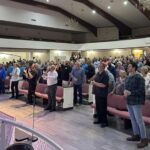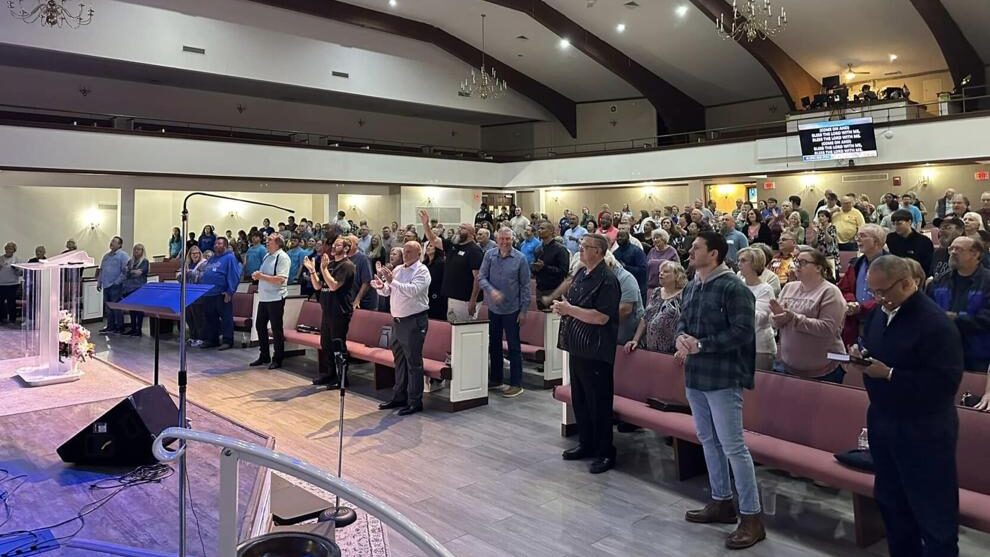HE SENT ME
John 7:14–29
Why crash a party where most attendees don’t like you? Many in Jerusalem, including the religious elite, were skeptical of Jesus. Previous experience (John 5:16) indicated treachery awaited Him, but He chose to attend the Feast of Tabernacles anyway. Jesus fanned hostile flames when He went to the temple to teach. Absorb a crucial message of the current passage: The Father sent Jesus to reveal God to those who desired to know Him.
From the Father (14–19)
The Jews, probably religious leaders, expressed surprise at His knowledgeable teaching. He explained His authority to teach came directly from God. God-endowed authority established His teaching as divine. Contrast that with how rabbis based their instruction on past human legal opinions. Jesus didn’t look to previous writings. He accessed a direct pipeline from God.
People searching for God’s will can discern the truth of Jesus’ teaching. Knowledge alone may be good, but people right with God use knowledge to discover and obey His will. Jesus identified godly teachers as those motivated to glorify God above self.
Jewish leaders knew the law but failed to obey it. They twisted it to make themselves look good, but their plan to kill Jesus exposed a disobedient, selfish abuse of the law.
With Righteousness (20–24)
The listeners, probably visitors unfamiliar with previous events, heard Jesus ask why some wanted Him dead. They wondered if He was demon possessed or paranoid. His question referred specifically to a Sabbath healing that raised the Jewish leaders’ ire (John 5:1–9).
Jesus identified their inconsistent legal interpretation. Jews practiced circumcision on the Sabbath if it was the eighth day after birth. Why was a Sabbath healing wrong when circumcision was not?
Instead of celebrating a lame man’s healing, the Jews passed shallow, unfounded judgment on the Healer because of how it looked to heal on the Sabbath. They never considered the rightness of the act. Pleasing God didn’t enter their minds.
They Know Each Other (25–29)
Some permanent Jerusalem residents knew of the plot to kill Jesus. They didn’t understand why Jewish leaders allowed Him to teach publicly. It’s doubtful they knew He was the Messiah.
The observers also concluded Jesus could not be the Messiah. They knew His parentage and hometown. That contradicted tradition that the Messiah Himself would not know His identity for a time. They found no reason to believe He was the Messiah.
Jesus knew their assumptions. Some heard Him teach, but they made judgments using superficial data. They didn’t know Jesus because they didn’t know the Father who sent Him. No wonder the people rejected Him. His teaching authority originated from the true Father.
Jesus declared His knowledge of God. Three statements highlight His divine connection: “I know Him.” “I am from Him.” “He sent me.” Jesus pursued His purpose to reveal God’s divine love and call people to Him.
The divine-human Jesus attended the party, and there He disclosed His purpose. It cost His life. Where would you be if He had refused the mission? The delivery of this good news is your calling now. Be willing to go where you’re unwelcome to do it.
By Darryl Wood
Retired pastor, current hospice chaplain and interim pastor








